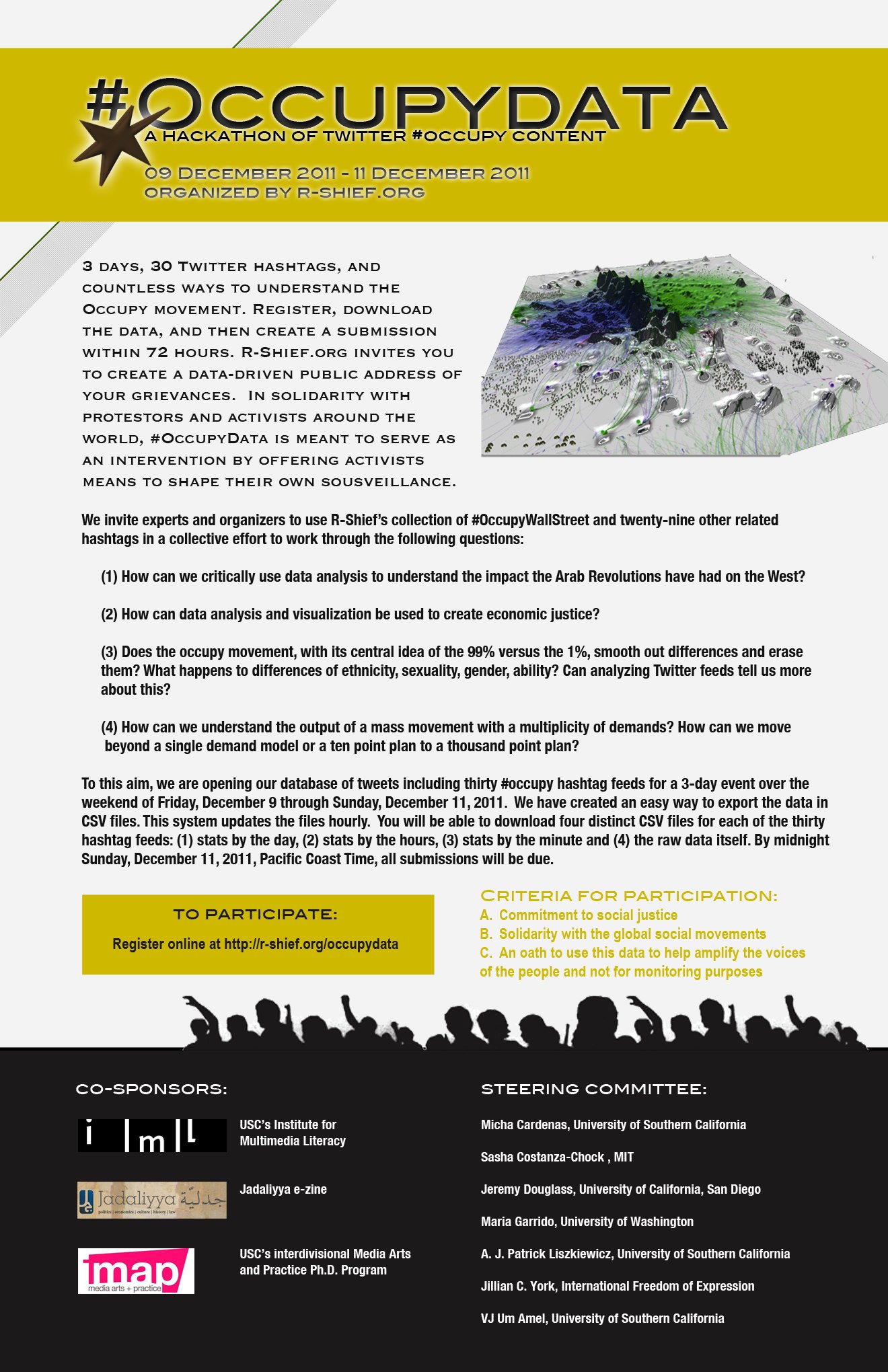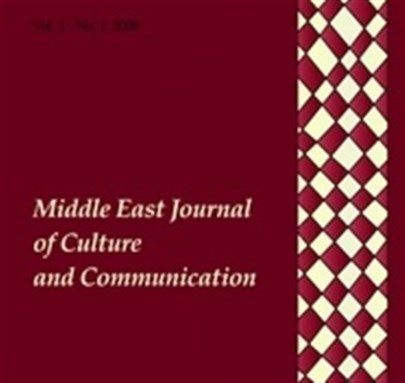Middle East Journal of Culture and Communication
Special Issue Call for Papers
Youth, Media and the Politics of Change in North Africa: Negotiating Identities, Spaces and Power
Guest Editor: Loubna H. Skalli (American University, Washington D.C.)
This special issue of the Middle East Journal of Culture and Communication solicits theoretical and empirical papers on “Youth, Media and the Politics of Change in North Africa: Negotiating Identities, Spaces and Power.”
The purpose of this special issue is to document ways in which the Maghreb countries of North Africa (Morocco, Tunisia, Algeria and Libya) provide vibrant and complex settings for studying the dynamics of change, creativity, and continuity as these societies continue to adjust to the current security, demographic and development challenges.
The uprisings that brought down the Tunisian and Egyptian dictators in January 2011 began with the dramatic public suicide of Mohammed Bouazizi, a 26-year-old university-educated man no longer allowed to make a living as an “illegal” street vendor. Bouazizi’s tragic death has humanized the struggles of today’s young men and women, and has revealed their capacity to engage with forces of change in peaceful, creative and unexpected ways.
The Maghreb has a large cohort of young men and women with increasingly high levels of education, unemployment, and political marginalization. Yet, more than any prior generation, youth are engaged today in negotiating the pressures of globalization and the logics of localization at the socio-cultural, economic, political and individual levels. Maghrebi young men and women are invariably seeking to create new spaces of participation within their societies and communities. They are already positioning themselves in the local/global spaces of knowledge production, information and communication exchanges and circulation of different cultural/media forms of expression. As recent developments in the region demonstrate, youth are redefining their gendered identities and transforming the socio-cultural, political and communication landscapes of the region in profound, complex and interesting ways.
For this issue, we solicit theoretical and empirical papers with single country or cross-country analysis related to the following areas:
- Youth, activism and social media
- Negotiation of gender/identities in an era of securitization and neo-liberal globalization
- Expressive identities through cultural/media forms: music (Hip Hop), television, theatre, film, and other artistic forms
- The emergence a new generation of cultural/media entrepreneurs and their redefinition of the cultural/media landscapes in the region
- Emerging spaces for re/defining challenging gender norms and values
- Gender, virtual communities and social networks (blogs, e-diaries, journals etc)
- New/old media and emerging forms of political expression, participation and mobilization
- Diaspora, generational dynamics and identities
- Opportunities and constraints (institutional, ideological, financial, etc) that arise from creating new cultural/media spaces and redefining old ones
Deadline for submission of abstracts: July 8, 2011. Abstracts should not exceed 500 words. Please explain your contribution to this special issue: provide a clear description of the proposed approach, the theoretical framework and empirical data (single country or comparative).
Notification of acceptance of abstracts: July 15, 2011
Deadline for submission of complete manuscripts: January 15, 2012. Papers should be between 6000- 7000 words long and include an abstract of 150 words that clearly defines the focus of the article. Provide 5 keywords to identify the article.
All papers will go through the standard peer-review process and will be accepted or rejected based on the quality of their contribution to the special issue.
Expected publication date of accepted articles is 2012.
Please email the abstract to Dr Loubna H. Skalli: Hanna@american.edu
MEJCC is a peer-reviewed journal published by Brill. For more information, see http://www.brill.nl/mjcc

![[Imager from r-shief.org]](https://kms.jadaliyya.com/Images/357x383xo/archiefoccupypr.jpg)
















